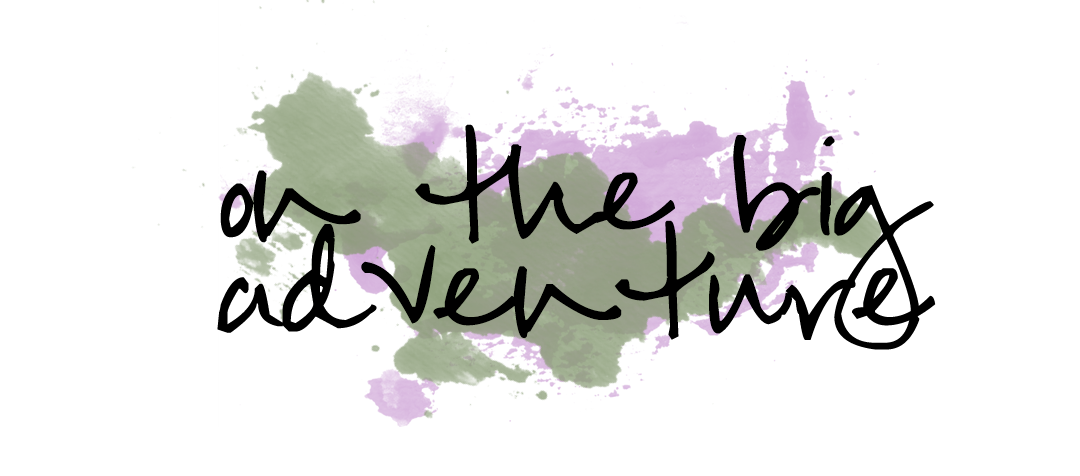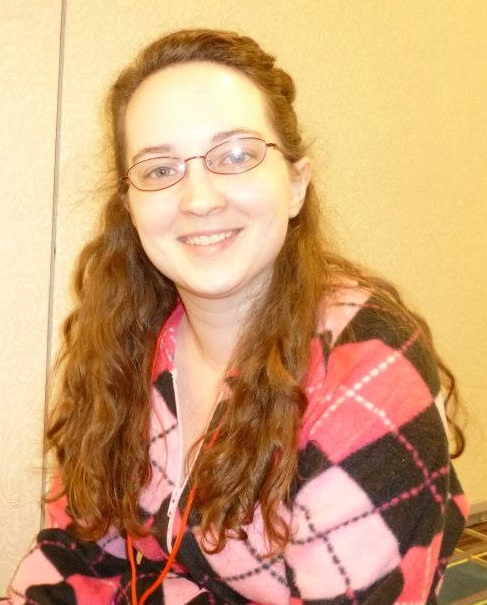 As someone who has finished (sort of) a novel recently, I find the entire concept of NaNoWriMo very frightening. Writing a novel in a month? Oh. My. Gosh.
As someone who has finished (sort of) a novel recently, I find the entire concept of NaNoWriMo very frightening. Writing a novel in a month? Oh. My. Gosh.
But, as you might remember from this video I made, first drafts are the most difficult, and NaNoWriMo puts you on strict, disciplined schedule to getting it done. And you are really the only one holding yourself accountable for it, which is pretty true for writing in general. Basically, the concept is pretty sound.
NaNoWriMo has never really worked for me, because November is always super busy for those of us going to school, but also because I have a perfectionist gene that rears its ugly head at inopportune moments. NaNoWriMo is not the place where lovely first drafts are born. It is the place where hasty first drafts are born, the kind of first drafts that require so much revision it actually makes you grimace. And for those that are writing a novel to say that they wrote a novel, that’s fine. For those of us writing a novel with the hopes of doing something with it someday, that is too much to undertake in a month.
So here’s my advice. The first bit comes from the great Maureen Johnson herself, and it is this: give yourself permission to suck. First drafts are meant to be, excuse my language, shitty. Anne Lamott told us that a while ago. Even if you weren’t writing it in a month, you would have to do another draft before you wanted to show it to another human being.
Second piece of advice: don’t stress yourself out over it. If you don’t complete the novel within thirty days, oh well. You can always make it a goal to finish it this year, or be satisfied that you wrote part of a novel. Either way, this is an accomplishment that you undertook on your own, so be proud of that.
For practical tips, see the NaNoWriMo website, where they have character sheets and such. For a pep talk that is more thorough than mine, see Kristina Horner’s video.
For a song about NaNoWriMo to distract you, watch this:
[youtube http://www.youtube.com/watch?v=78mvUeBw7MM&w=560&h=315]

 Those that know me well will tell you that coffee is my drug of choice. I drink one or two cups in the morning, another big one if I have class or work that is going to last after about eight in the evening. There are, by my estimation, four different coffee shops in Chicago that recognize my face when I walk in. This has become worse recently because my new coffee pot has been acting up. I haven’t been able to use the pot long, so this makes me especially upset.
Those that know me well will tell you that coffee is my drug of choice. I drink one or two cups in the morning, another big one if I have class or work that is going to last after about eight in the evening. There are, by my estimation, four different coffee shops in Chicago that recognize my face when I walk in. This has become worse recently because my new coffee pot has been acting up. I haven’t been able to use the pot long, so this makes me especially upset.




